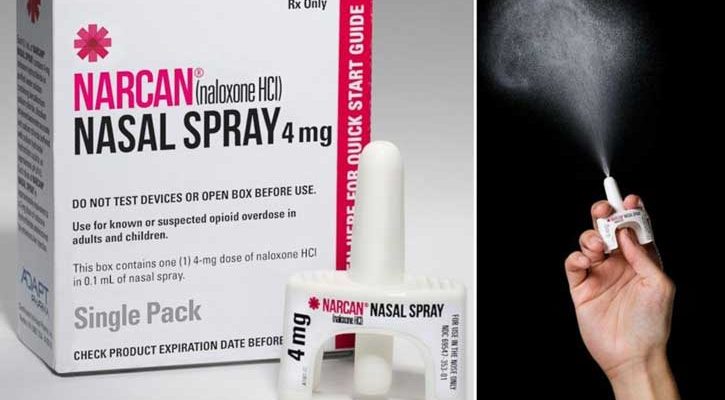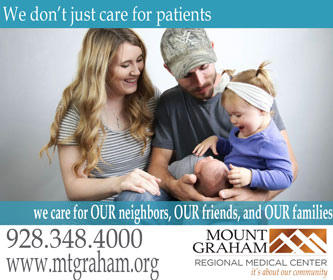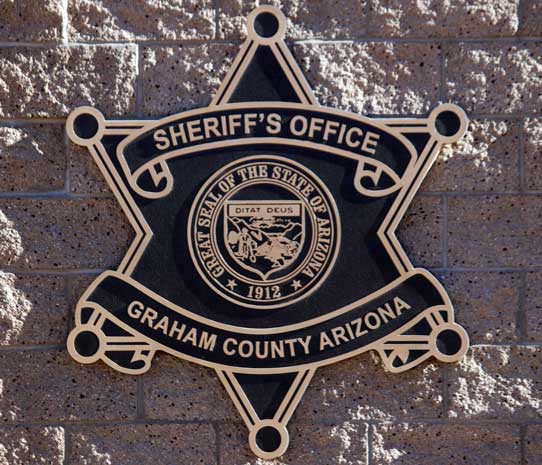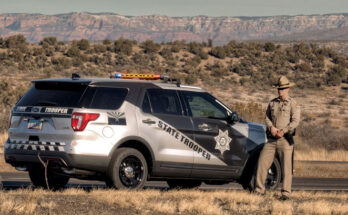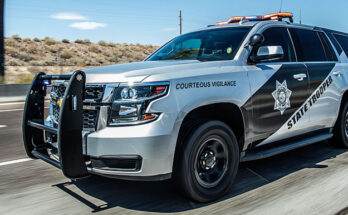By Jon Johnson
SAFFORD – A woman reportedly saved an overdose victim by administering the nasal spray version of Narcan, which is a form of naloxone that is given to someone for emergency treatment of an opioid overdose.
According to a Safford Police report, officers were dispatched to a residence at S. 9th Place at about 11:41 a.m. on Aug. 3 regarding an unknown male who had overdosed at the woman’s residence.
Upon arrival, the woman said she had administered the nasal form of Narcan and the subject came out of his stupor and fled the area on foot wearing only blue jeans.
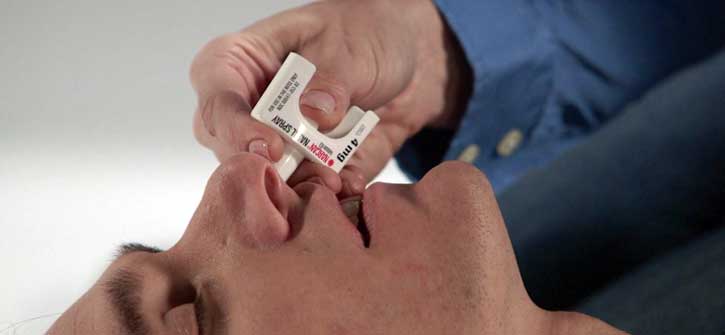
Officers searched the residence and the area but did not locate the overdose victim.
Narcan is the only FDA-approved nasal form of naloxone and was developed for use by first responders, family, friends, and caregivers of those with opioid addiction to save lives. It is available over the counter without a prescription. While the spray is intended to reverse an opiate overdose, victims should still seek out medical assistance from professionals.
Governor Doug Ducey previously signed the Arizona Opioid Epidemic Act on Jan. 25, and it went in effect April 26. While the 69-page act addresses many issues, including sober living homes, education for medical students, prescribing of opioids and more, the act also created a Good Samaritan provision, which excludes those seeking medical help from prosecution for drugs or drug paraphernalia located by police at that time.
Arizona Revised Statutes 13-3423 deals with the prohibited prosecution of Good Samaritans. It states, “A person who, in good faith, seeks medical assistance for someone who is experiencing a drug-related overdose may not be charged or prosecuted for the possession or use of a controlled substance or drug paraphernalia or a preparatory offense if the evidence for the violation was gained as a result of the person’s seeking medical assistance.”
Section B continues, “A person who experiences a drug-related overdose, who is in need of medical assistance and for whom medical assistance is sought pursuant to subsection A of this section may not be charged or prosecuted for the possession or use of a controlled substance or drug paraphernalia if the evidence for the violation was gained as a result of the person’s overdose and need for medical assistance.”



